
WhatsApp update adds ‘secret codes’ for chats
WhatsApp has added “secret codes” for chats, allowing them to be locked and hidden. The feature is intended to let people have a chat that will not even be visible within the list of conversations. Instead, they can only be found by typing that code into the search bar at the top of the app. The feature is intended as “another layer of privacy for protecting your most sensitive conversations”. It has been built for those people who might need to keep important conversations entirely hidden, even from people who have access to their phone – such as people in abusive relationships. WhatsApp described the feature as a way to protect chats and “make them harder to find if someone has access to your phone or you share a phone with someone else”. It follows a similar feature, Chat Lock, which was announced earlier this year. When chats are locked, they are taken out of the inbox and put in their own “Locked chats” section, which requires a password or biometric authentication like a fingerprint to open. “We think this feature will be great for people who have reason to share their phones from time to time with a family member or those moments where someone else is holding your phone at the exact moment an extra special chat arrives,” it said then. Chats can be locked by long tapping on a conversation in the list and choosing the lock option. They can be found again by slowly pulling down on the inbox, which will bring up the prompt to open it. Secret code, however, means that they will not appear in that list at all. Instead, users will have to put the code into the search bar. As such, people will not even be able to find those hidden chats even if they know they might exist. Users create the code by locking it and then choosing the code option, when they are prompted to “use a word or emoji, but make it memorable”. Typing that word or emoji into the search bar will then bring up the chat, but it will otherwise not show at all.
2023-11-30 22:21

All Pokémon Cards on Sale at Target for Black Friday 2023
here's all the Pokémon cards on sale at Target for Black Friday 2023, including an Origin Forme Palkia Vstar League Battle Deck.
2023-11-16 04:26

We're still waiting for self-driving cars, but autonomous boats are already here
From cargo ships to passenger ferries, self-driving boats are already making a splash on our waterways.
2023-05-26 16:50

Grab a Theragun Mini on sale for massages on the go
SAVE 26%: As of May 18, the Theragun Mini is on sale for $148 at
2023-05-19 00:58
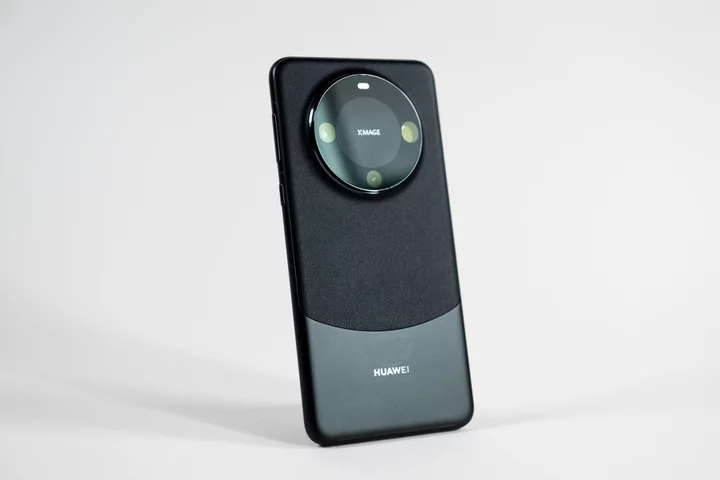
Huawei Debuts Even More Powerful Phone as Controversy Swirls
Huawei Technologies Co. added a new top-of-the-line model to its controversial Mate 60 smartphone family on Friday, putting
2023-09-08 13:54

Amouranth: Fans call Twitch streamer's most controversial video 'soothing, weirdly'
Amouranth is not new to controversies and some of them led to her being banned from Twitch
2023-05-25 16:28

Sierra Space Awarded Space Act Agreement with NASA
LOUISVILLE, Colo.--(BUSINESS WIRE)--Jun 16, 2023--
2023-06-16 22:16

Star Wars Jedi 3 'in development' after new job ad
'Star Wars Jedi 3' appears to be in development thanks to a new job ad.
2023-07-11 19:21

Inclusive, Provocative...and Downright Horny, Baldur’s Gate 3 Gets Sex Right
Baldur’s Gate 3 is one of the hottest PC titles of the year, and no,
2023-10-03 23:24

Eskom Says Its Coal Pollution Kills 330 South Africans a Year
South African state power utility Eskom Holdings SOC Ltd. said pollution from its coal-fired plants that supply more
2023-11-02 15:18

The best wireless charger for all your devices
In a few years' time, fumbling around with messy cords and plugging your device into
2023-06-29 18:20

Test materials for Stalker 2: Heart Of Chornoby leaked by Russian cyberattackers
The game has fell victim to Russian cyberattackers again.
2023-06-02 22:24
You Might Like...

Get one year of Norton 360 and identity protection for $25

Pokimane goes down memory lane, shares 'adorable' childhood photos with her fans who want her to 'wear that hairstyle again'

Why Amazon's Prime Day is in July
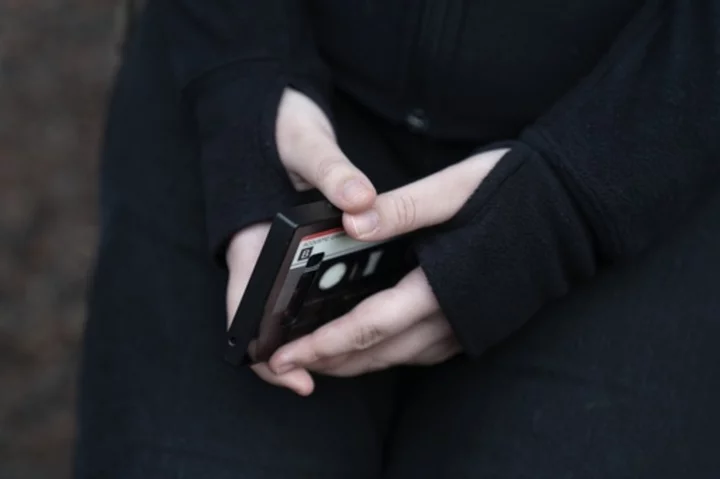
Car seats and baby formula are regulated. Is social media next?
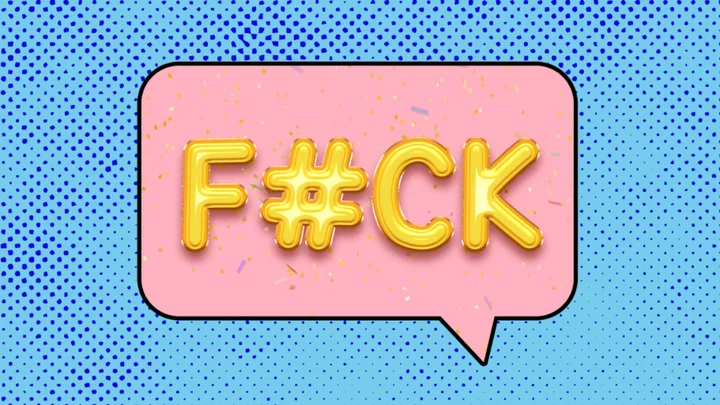
11 Successful (and Silly) Euphemisms for the F-Word
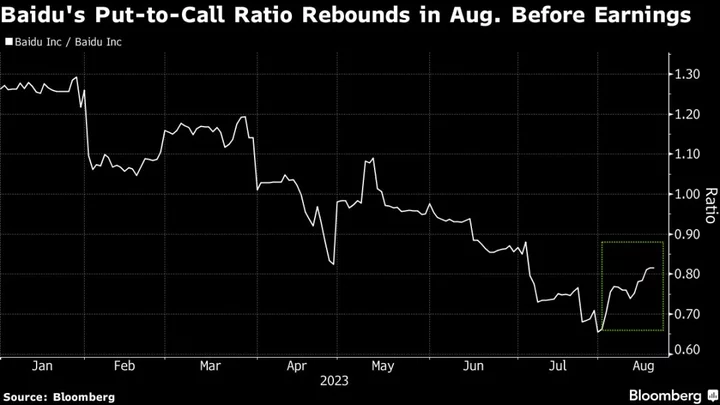
Baidu’s Results May Shake Optimism Over China AI: Tech Watch
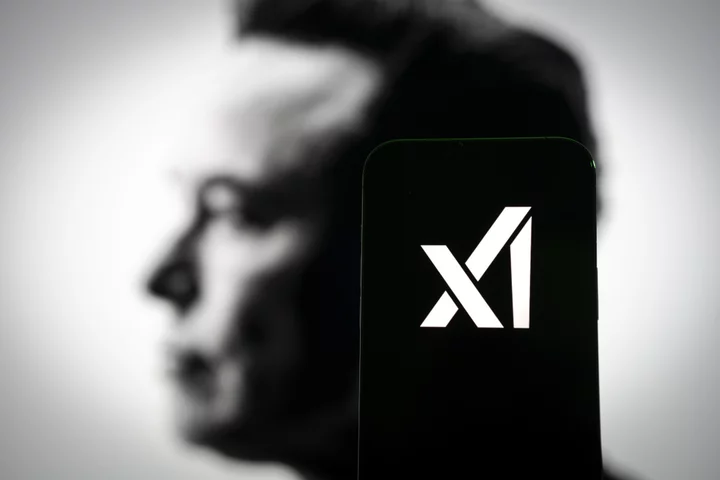
Not just @x: Elon Musk also took @xAI from its original user for his AI company

Children hit hardest by the pandemic are now the big kids at school. Many still need reading help
